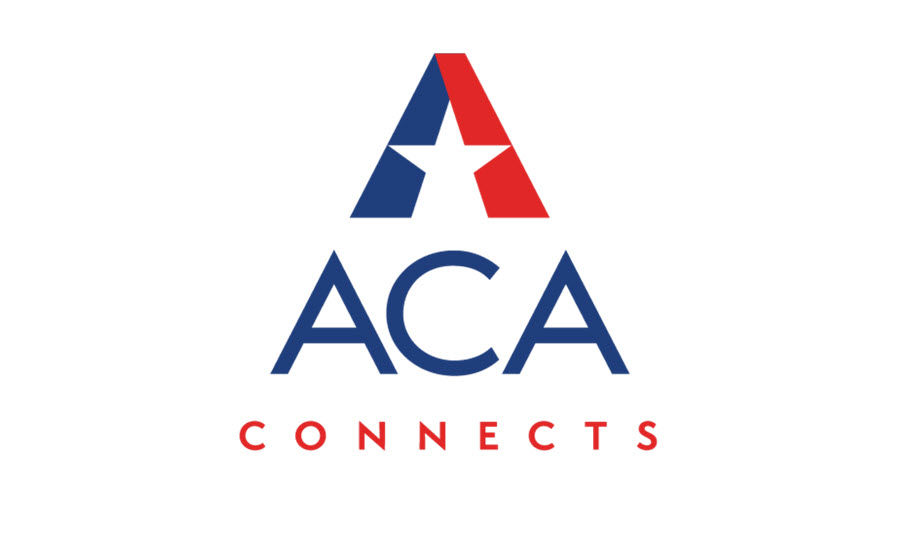ACAC: FCC Should Make Broadband Subsidy Transfer Opt-Out
Said that would avoid confusion, accidental dropping of benefit, during EBB/ACP shift

The smarter way to stay on top of broadcasting and cable industry. Sign up below
You are now subscribed
Your newsletter sign-up was successful
Smaller cable operators are urging the Federal Communications Commission not to make subscribers now using the $50-per-month Emergency Broadband Benefit (EBB) subsidy under that sunsetting COVID-19-related program opt in to the Affordable Connectivity Program (ACP) during the transition to ACP.
The FCC has been seeking input on how to make the transition to the infrastructure bill's low-income $14 billion ACP subsidy and ACA Connects said it should make it as seamless as possible, including automatically enrolling EBB users in ACP unless they opt out by the March 1, 2022, date for the launch of ACP.
Also: ISPs Seek ACP Safe Harbor
The FCC has suggested an opt-in regime could prevent the "bill shock" from going from the $50 maximum monthly benefit to the $30 subsidy, but ACA Connects said it agrees with the Multicultural Media Telecom and Internet Council that affirmative opt-in would likely lead to confusion and households unknowingly or unwillingly being dropped from the subsidy if they did not opt in by March 1.
As to the "bill shock" point, ACAC has pointed out in earlier comments that there is a hybrid opt-in/opt-out approach the FCC could take if it does decide to require opt-in. ACAC says the FCC should provide opt-out for former EBB households "that have demonstrated their willingness to pay for broadband service absent any discount or that would experience only a minimal increase or no increase to their monthly bill."
Also: ISPs Say Don't Mandate Subsidies on Grandfathered Plans
For households that did not respond by March 1, either knowingly or over "bill shock," ACAC said they should have a "grace period" of, say, three weeks, to re-enroll without having to apply through the National Verifier, which is how the FCC is going to track who is eligible for the benefit. ■
The smarter way to stay on top of broadcasting and cable industry. Sign up below
Contributing editor John Eggerton has been an editor and/or writer on media regulation, legislation and policy for over four decades, including covering the FCC, FTC, Congress, the major media trade associations, and the federal courts. In addition to Multichannel News and Broadcasting + Cable, his work has appeared in Radio World, TV Technology, TV Fax, This Week in Consumer Electronics, Variety and the Encyclopedia Britannica.

